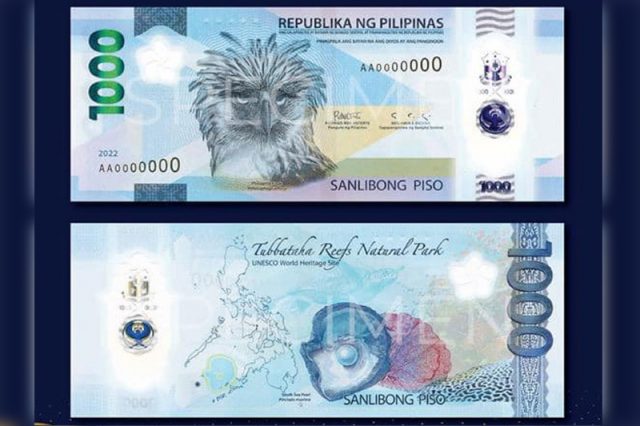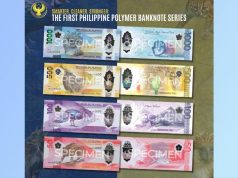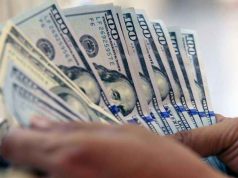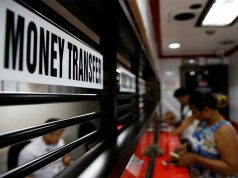Folding or creasing of banknotes does not reduce its legal tender power, according to the Bangko Sentral ng Pilipinas’ general policy on Philippine currency.
Some Redditors brought this up amid the recent issues and concerns surrounding the use of the new P1,000 polymer banknotes.
READ: Will folded P1,000 polymer banknote be accepted for payment?
Some Filipinos recently reported online that some business established refused to accept their crumpled or folded P1,000 polymer bills.
These complaints reached the online forum r/Philippines.
One Redditor shared a screenshot of a Daily Guardian report about a customer whose P1,000 banknote was not accepted at a mall because of its fold.
“Our new 1,000 peso bill is so sensitive. I think we should stop it from circulating,” the user said.
This post received 1,287 upvotes on the forum.
In a separate post, another Redditor shared that some Filipinos are now afraid of merely holding the polymer notes out of fear of getting punished.
“Dahil sa takot sa mga rules ng buset na BSP oh ayan pinapalit ng staff ko yung bagong 1,000 peso bills nila. Ayaw na nila hawakan. Yan napapala natin pag walang common sense ang mga batas eh,” the Reddit user said.
The post was upvoted 1,064 times so far.
Several Redditors pointed out that banknotes the BSP issued should not be refused.
“Legal tender yan. Bawal i-refuse unless counterfeit. Ipapalit sa banko or BSP,” one user said in reference to the new P1,000 bill.
“Hindi ba kapag may damage nang kaunti yung bill, puwedeng ipapalit sa Bangko Sentral ng Pilipinas, o kaya tanggapin na lang ng mga bangko tulad ng sabi nila,” another user said.
Legal tender refers to money that is legally used “for the payment of debts.”
FAQs on banknotes and coins
In July 2021, BSP released its latest “Frequently Asked Questions” primer on bills and coins in circulation in the Philippines.
In Section D.5, the following conditions should be met to render a banknote unfit for currency:
- It contains heavy creases which break the fiber of the paper and indicate that disintegration has begun;
- It is badly soiled/contaminated and/or with writings even if it has proper life or sizing; or
- It presents a limp or rag-like appearance.
BSP also issued the following directive on dealing with “mutilated” banknotes:
“The public is advised to represent mutilated banknotes and coins to any bank which will subsequently forward these banknotes and coins to the Bangko Sentral ng Pilipinas for analysis and determination of redemption value.”
The BSP previously uploaded a visual criteria for mutilated or damaged bills on Facebook.
The law also does not mention that mere folds or creases in Philippine money will warrant jail time or fee.
An individual can only be punished for the “willful” defacement, mutilation, tearing, burning and destruction of currency issued by the BSP, as stated under Presidential Decree 247.
Punishment includes a fine of not more than P20,000 and imprisonment of not more than five years.
Furthermore, BSP emphasized that folded banknotes can still be accepted and circulated for payment, whether polymer-made or paper-made.
“As such, retailers and banks should accept them for day-to-day payment transactions,” it said in an advisory on July 12.
In other countries
Other users also compared this new polymer bill to the ones being used by other countries.
“Let me use the ‘been to Australia for years’ card to tell you that polymer bills can handle being folded, whatever wallet form you have,” statistician Peter Cayton tweeted.
“My grandma who is a Canadian citizen folds her bills as well and I think normal lang siya dun,” one Reddit user said.
According to the International Monetary Fund, polymer is now used in currencies of more than 20 countries including Canada, Australia, New Zealand and Vietnam.










